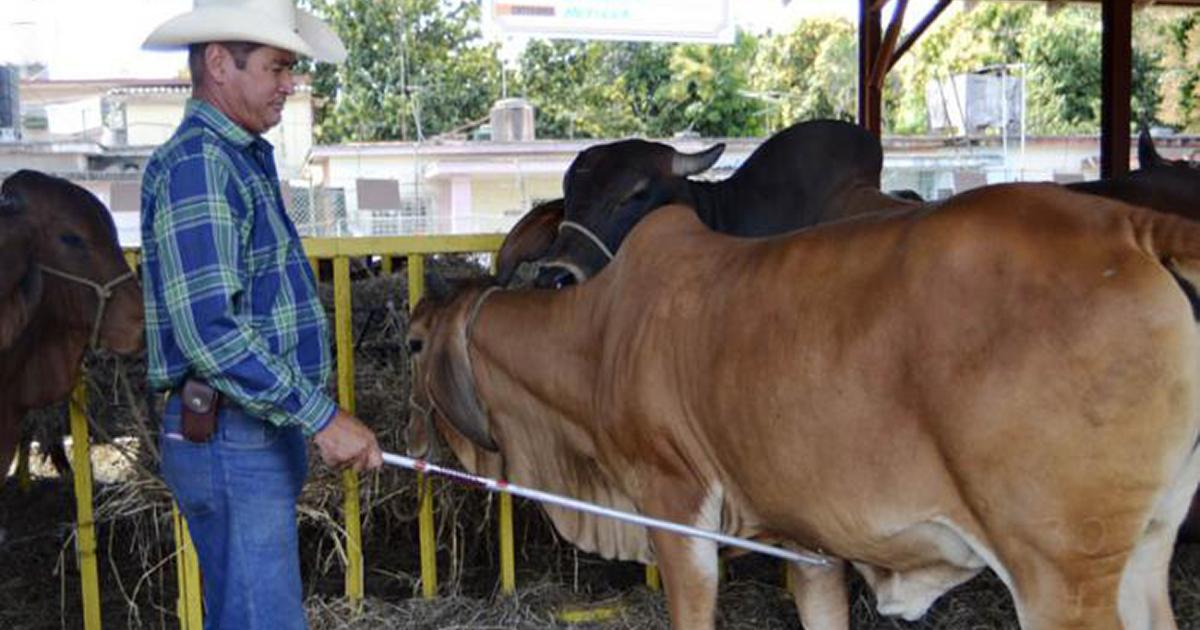
The new Cuban Penal Code, which must come into force in April without prior consultation with citizens, provides higher sentences for the crime of illegal slaughter of large livestock.
A look at the draft of the standard, the text of which can be read in the website of the Supreme Court, allows us to see the increase in the severity of the punishment for those who commit this act.
According to article 318.1 of the draft bill, whoever slaughters larger livestock without the authorization of the competent state authority will be punished with deprivation of liberty for three to eight to years.
The new rule increases the minimum and maximum limit of the current measure, since the current code establishes a penalty for this crime that ranges from two to five years.
Penalties are also toughened for those who sell or transport beef, those who buy it or those who, without authorization, slaughter an animal that has suffered an accident.
In the first case, the accused may serve two to five years in prison. So far the sentence is six months to two years in prison or a fine of 200 to 500 installments, or both.
For those who acquire beef from illegal sources, only the minimum prison time is increased, from three to six months. The maximum time remains at one year, as well as the fine, which ranges from 100 to 300 installments.
The greatest increase in the penalty is the illegal slaughter of a beef that has suffered an accident. For this crime, the current penal code does not establish prison sentences, only a fine of 100 to 300 installments.
However, the new draft provides for a sentence of one to three years of deprivation of liberty, or a fine of 300 to 1,000 quotas, or both.
Cuban activists began the #NoAlCodigoPenal campaign, to warn families of the Island about the dangers of the new Penal Code prepared by the government.
At the same time, knowledgeable voices have been raised to warn that the new Cuban Penal Code aggravates the tendency towards criminalization, in a national scenario marked by the government's fierce repression of the 9/11 protesters.
The intellectual and jurist Julio César Guanche warned that the solution to the Cuban crisis cannot be to combine the problems suffered by the population, such as chronic food shortages and the increase in poverty and inequality, with repression and authoritarianism.
"The democratic defense of public order is not the defense of the principle of State authority, but rather the social exercise of the reciprocal rights of freedom and justice," he expressed.
Lawyer Eloy Viera Cañive also pointed out that the new Penal Code is a demonstration that "in Cuba power has no other basis other than repression" and questioned that the norms "that imply the most serious obligations" were not subject to consultation. popular.
"Against the State in Cuba is anything that the political class that enjoys privileges understands as a risk to itself and its hegemony," the expert considered.
What do you think?
COMMENTFiled in: